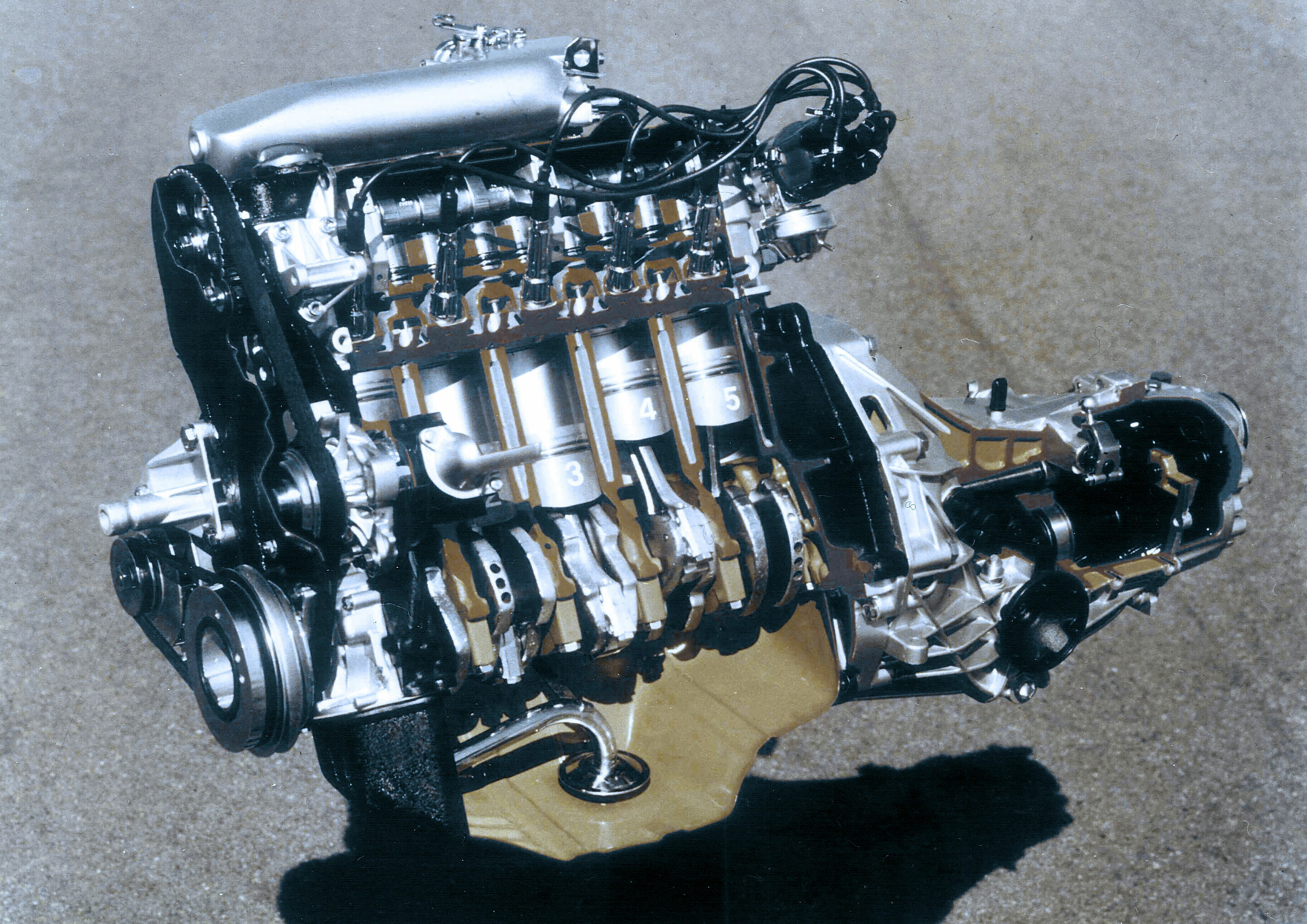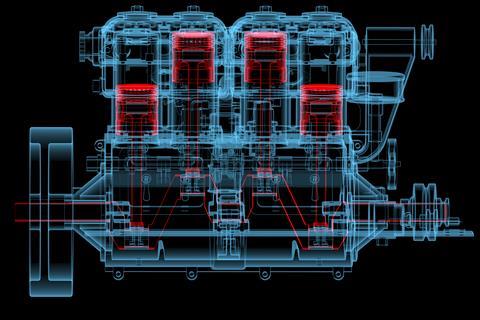Engines for Africa: Your Ultimate Automobile Parts Shop for Top Quality Car Parts
Engines for Africa: Your Ultimate Automobile Parts Shop for Top Quality Car Parts
Blog Article
The Quest for Ultimate Driving Power: Checking Out the Peak of Engine Efficiency and Technological Breakthroughs in the Automotive Industry
In the world of vehicle engineering, the search of optimum driving power has been a ruthless pursuit that has unfolded via the development of engine design and the assimilation of innovative innovations. From the precise workmanship of burning engines to the rapid innovations in electric propulsion systems, the automotive market stands at the cusp of a new period characterized by unmatched efficiency capacities. As researchers and engineers delve deeper into the worlds of computational liquid dynamics and discover innovative fuel innovations, the horizon of possibilities broadens greatly. Stay tuned as we decipher the elaborate tapestry of technological developments that are shaping the future of automobile power and performance.
Advancement of Engine Layout

Additionally, the integration of turbocharging and supercharging innovations has transformed engine layout by boosting power without dramatically increasing engine size. These forced induction systems compress the consumption air, permitting more fuel to be combusted, consequently producing better power result from a smaller engine. This improvement has actually been specifically important in boosting the efficiency of smaller sized variation engines while maintaining fuel efficiency requirements.

Performance-Enhancing Gas Technologies
The execution of innovative fuel innovations has actually considerably contributed to boosting engine efficiency in modern-day lorries. From typical gasoline and diesel to innovative biofuels, synthetic fuels, and hydrogen, the automobile industry is witnessing a revolution in gas choices. Biofuels, stemmed from sustainable sources like algae, corn, or sugarcane, deal decreased emissions and enhanced engine efficiency. Artificial fuels, produced through chemical processes, provide high octane rankings, enhancing power output. Hydrogen gas cells, although still in the onset of adoption, reveal excellent guarantee due to their zero-emission nature and possibility for high efficiency. Furthermore, gas additives and cleaning agents are being developed to tidy engine elements, enhance burning, and decrease rubbing, thus boosting general car efficiency. With ongoing r & d, the pursuit for the supreme driving power continues, as designers strive to unlock the complete potential of performance-enhancing fuel technologies in the auto industry.
Improvements in Electric Propulsion
Substantial strides in electrical propulsion modern technology have changed the auto industry, leading the way for a new era of lasting and reliable transport. Electric automobiles (EVs) are obtaining appeal because of their environmental advantages and advancements in battery technology, enabling longer driving arrays and shorter charging times. Makers are spending heavily in research and development to enhance the efficiency of electric propulsion systems, concentrating on enhancing power output, improving power performance, and lowering total weight.
One remarkable breakthrough in electrical propulsion is the advancement of advanced electric motors that supply higher torque and power thickness, resulting in improved velocity and overall driving efficiency. Additionally, regenerative stopping systems have been refined to store and capture power during slowdown, additional increasing the efficiency of EVs.
Additionally, the combination of smart modern technologies, such as man-made intelligence and anticipating analytics, is optimizing the management of electric propulsion systems, guaranteeing optimum performance under numerous driving conditions. These advancements in electric propulsion are reshaping the automotive landscape, driving the market towards a much more lasting and amazed future.
Effect of Computational Fluid Dynamics
With innovations in electric propulsion pressing the boundaries of vehicle innovation, the integration of Computational Liquid Characteristics is playing an essential duty in optimizing wind resistant performance and enhancing general performance in vehicle style. Computational Liquid Characteristics (CFD) involves the use of computer simulations to examine the flow of air around an automobile, making it possible for engineers to forecast just how design modifications will certainly influence the rules of aerodynamics without the demand for costly physical prototypes. By properly modeling air movement patterns, CFD permits the improvement of vehicle forms to lower drag, improve cooling, and enhance security.
One trick advantage of utilizing CFD in car style is the capability to repeat rapidly, checking out countless design variations to identify the most aerodynamically efficient remedies. This iterative process results in cars that are not only sleeker and much more visually appealing yet additionally more ecologically friendly and fuel-efficient. Additionally, CFD enables engineers to maximize airflow around components such as radiators, engine bays, and wheel wells, adding to improved efficiency and total driving experience. To conclude, the assimilation of Computational Liquid Dynamics represents a significant action ahead in the quest for ultimate driving power and performance in the auto market.
Future Trends in Engine Technology
In the vibrant landscape of vehicle engineering, advanced developments are forming the future trajectory of engine advancement. The future of engine design look at this website is noted by a solid emphasis on performance, efficiency, and sustainability. Makers are increasingly focusing on creating engines that not just supply high power results but additionally focus on ecological obligation by minimizing discharges and boosting fuel efficiency.
One famous fad in engine development is the rise of electrification. Crossbreed and electrical powertrains are acquiring grip as viable options to standard burning engines. These technologies use the capacity for substantial decreases in carbon emissions and increased energy effectiveness, look at this web-site lining up with worldwide efforts to deal with environment modification.
In addition, advancements in products scientific research and manufacturing techniques are allowing the manufacturing of lighter and extra resilient engine components. This change in the direction of light-weight products such as carbon fiber and aluminum alloys adds to boosted performance and fuel economy.
Conclusion
In final thought, the quest of utmost driving power in the automobile industry remains to drive improvements in engine style, fuel technologies, electric propulsion, and computational fluid characteristics. The development of these innovations is shaping the future of engine development, leading the way for more efficient and effective lorries (engines for africa). As the market proceeds to push the limits of what is possible, we can expect to see a lot more revolutionary advancements in the mission for peak performance
One of the vital landmarks in engine style development is the shift from conventional carbureted engines to modern fuel-injected systems. By specifically metering the fuel delivery to each cyndrical tube, fuel-injected engines optimize burning, resulting in better performance and lowered environmental effect.
Additionally, the integration of turbocharging and turbo charging innovations has changed engine style by boosting power without dramatically boosting engine size (engines for africa).The execution of sophisticated gas technologies has actually substantially contributed to improving engine performance in contemporary vehicles. Furthermore, fuel ingredients and detergents are being created to clean engine parts, optimize burning, and lower rubbing, consequently increasing visit the site total vehicle efficiency
Report this page